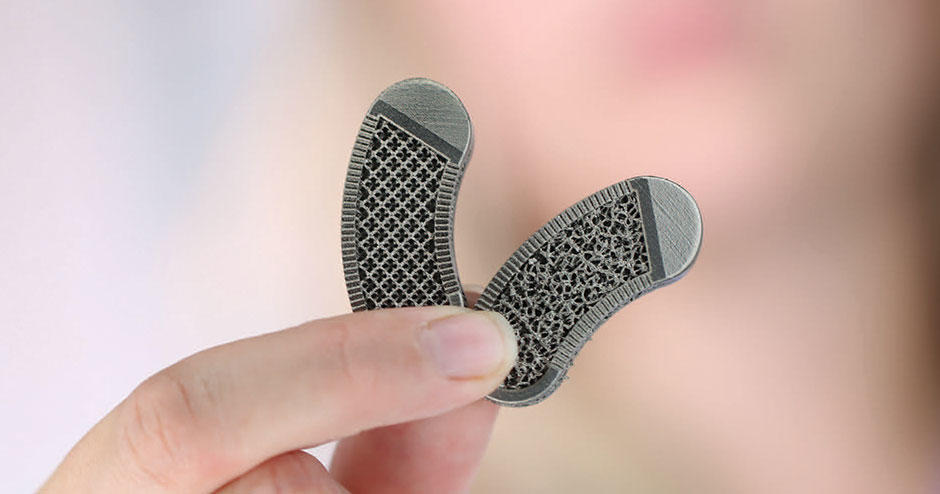The field of medical devices has witnessed rapid advancements in recent years, thanks to the increasing adoption of technology within the healthcare industry. Medical devices refer to instruments or machines that are specifically designed to diagnose, treat, or prevent diseases in human beings. These devices range from simple tools like thermometers and blood pressure monitors to complex machines like MRI scanners and pacemakers.

With the growing demand for healthcare services and the need for more efficient and effective diagnostic and treatment methods, medical device manufacturers are continuously innovating to create new and improved technology. From artificial organs to surgical robots, the healthcare industry is rapidly transforming. Here’s a closer look at some of the latest developments in medical devices.
Artificial Organs
Artificial organs offer a ray of hope for people who suffer from organ failure, including heart, liver, and kidneys. These patients often face long waitlists for an organ transplant, and some may never receive a transplant due to a lack of suitable donors. However, the rapidly advancing technology in 3D printing and bioengineering is creating new opportunities for the development of artificial organs, which could save countless lives.
For example, a team of researchers at Tel Aviv University recently announced that they had successfully 3D printed the world's first heart using human tissue. The heart is still in the early stages of development and is a little larger than a rabbit's heart. However, it's a significant breakthrough that has inspired hope that we may one day be able to 3D print fully functional human organs.
Surgical Robots
Surgical robots are another innovation that has transformed the healthcare industry. These robots are designed to assist surgeons during complex procedures, providing increased precision, and reducing the risk of human error. They allow for minimally invasive surgery, which often results in less pain and scarring, and faster recovery times for patients.
One company at the forefront of the surgical robotics industry is Intuitive Surgical. They created the da Vinci Surgical System, a robotic surgical system that enables surgeons to perform minimally invasive operations with greater accuracy and control. The system is widely used in hospitals around the world for procedures ranging from prostate surgery to gynecological procedures.
Wearable Health Monitors
Wearable health monitors are devices that people can wear on their bodies to track various health metrics like heart rate, blood pressure, and sleep quality. These devices are usually small, portable, and can be connected to a smartphone app or other monitoring system. They allow people to track their health in real-time, making it easier to identify potential health problems early.
One popular wearable health monitor is the Fitbit. Fitbit wearables can track a range of metrics like heart rate, steps taken, and calories burned. Fitbits can also help users monitor their sleep, providing insights into sleep patterns and helping users identify habits that might prevent them from getting a good night's sleep.
Conclusion
The advancement of technology has had a profound impact on the healthcare industry, with medical devices playing a pivotal role in that transformation. From artificial organs to surgical robots, these devices are helping to revolutionize healthcare, allowing for faster diagnoses, safer surgeries, and better outcomes for patients. As technology continues to evolve, we can expect to see even more exciting developments in the field of medical devices, ultimately leading to better health outcomes for all of us.